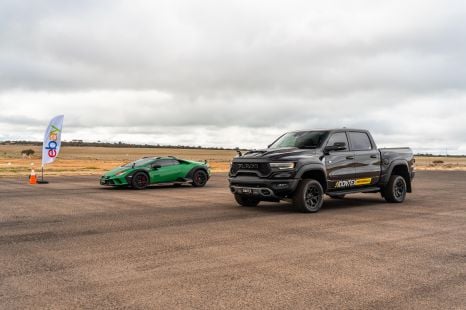

Paul Maric
1200hp RAM TRX vs Lamborghini Huracan Sterrato drag race
13 Minutes Ago
The Volkswagen Group is slowing its roll with electric vehicles, delaying its fourth battery gigafactory due to sluggish EV sales in Europe.

Contributor
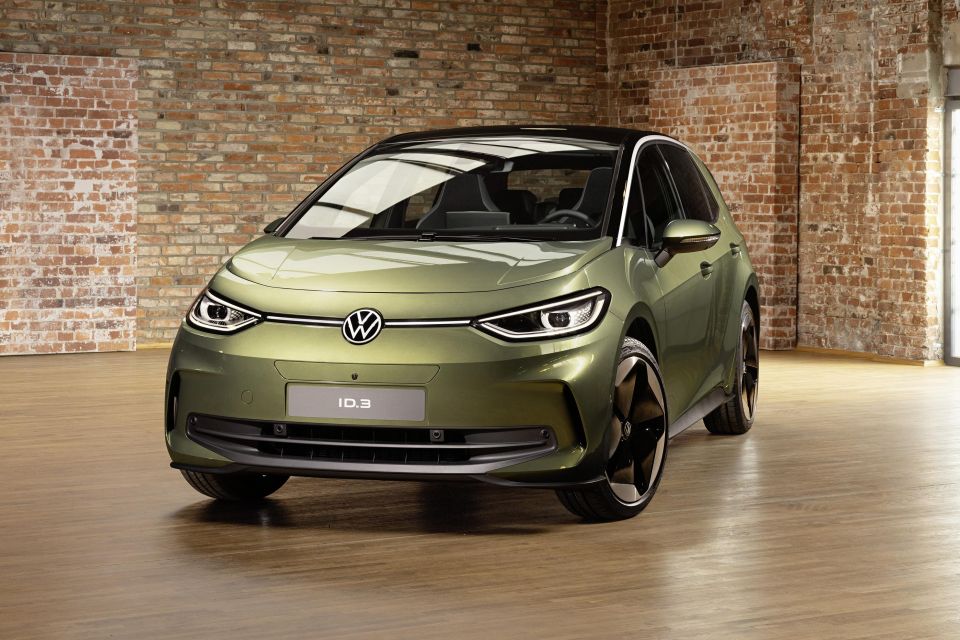

Contributor
The Volkswagen Group has confirmed it’s delaying its fourth electric vehicle (EV) battery gigafactory for now due to European market conditions.
As reported by Reuters, Volkswagen Group CEO Oliver Blume said the company made this decision in part to the slower than expected EV demand in Europe.
Group CFO Arno Antlitz said European EV orders were down 50 per cent from 300,000 last year to 150,000.
“Based on market conditions, including the sluggish ramp up of the BEV market in Europe … there is for the time being no business rationale for deciding on further sites,” said Mr Blume.
The Volkswagen Group has been looking for a possible battery gigafactory site and already put off making a decision a year ago when it was considering locations in Czechia, Hungary, Poland and Slovakia.
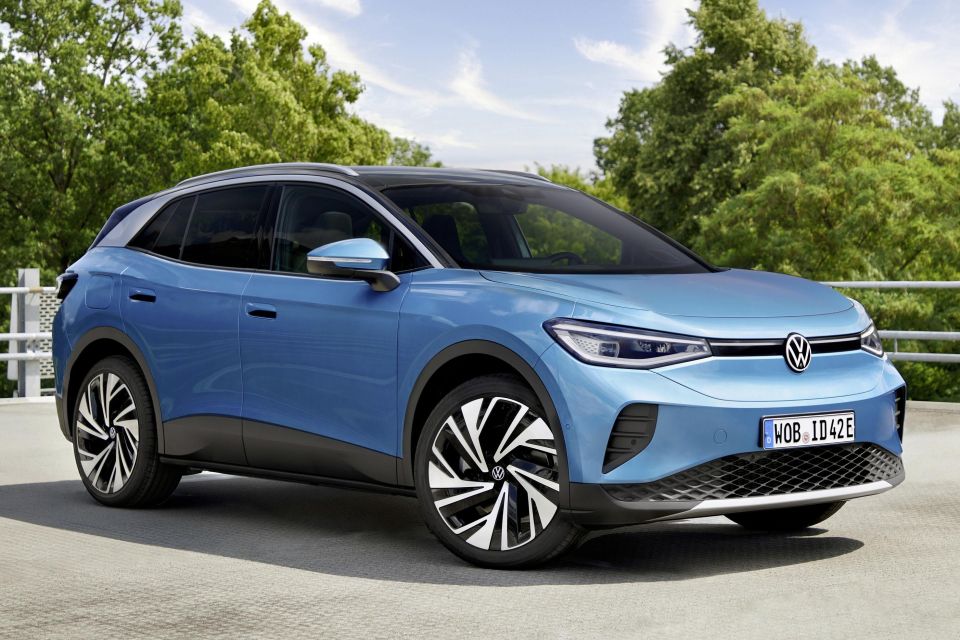
Mr Blume met with Czech officials earlier this week as the European country pushed to secure the future of its car sector as the global car industry shifts away from fossil fuels.
The Czech officials said they would start offering their proposed site for Volkswagen’s battery plant to other investors, claiming they couldn’t afford to wait any longer for a decision.
Skoda recently confirmed it’s producing its next-generation Enyaq, as well as the forthcoming large electric SUV based on the Vision 7S concept, at its existing Mlada Boleslav factory.
The Volkswagen Group is currently in the middle of building three battery gigafactories in Salzgitter, Germany; Valencia, Spain; and St. Thomas, Canada.
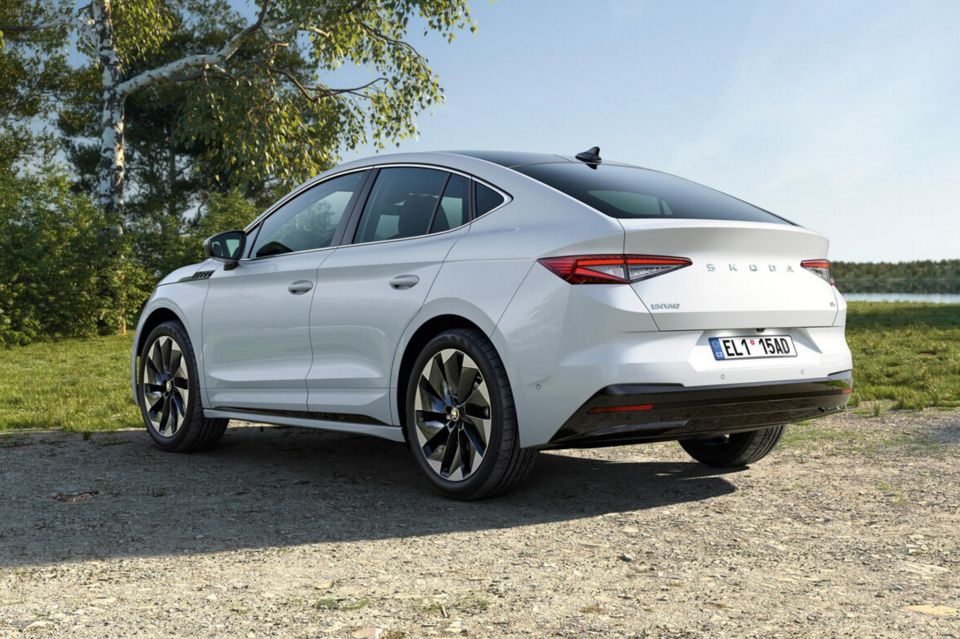
Mr Blume has previously claimed these three locations will have production potential of up to 200GWh annually.
Europe is currently Volkswagen’s largest EV market, accounting for over 60 per cent of its global sales.
The company’s second largest market is China, which Mr Antlitz said it could lose market share in until the two new models in collaboration with XPeng being rolling out.
At this stage it’s unclear if this decision for the Volkswagen Group to delay its fourth EV battery gigafactory will have any impact on Australian supply.
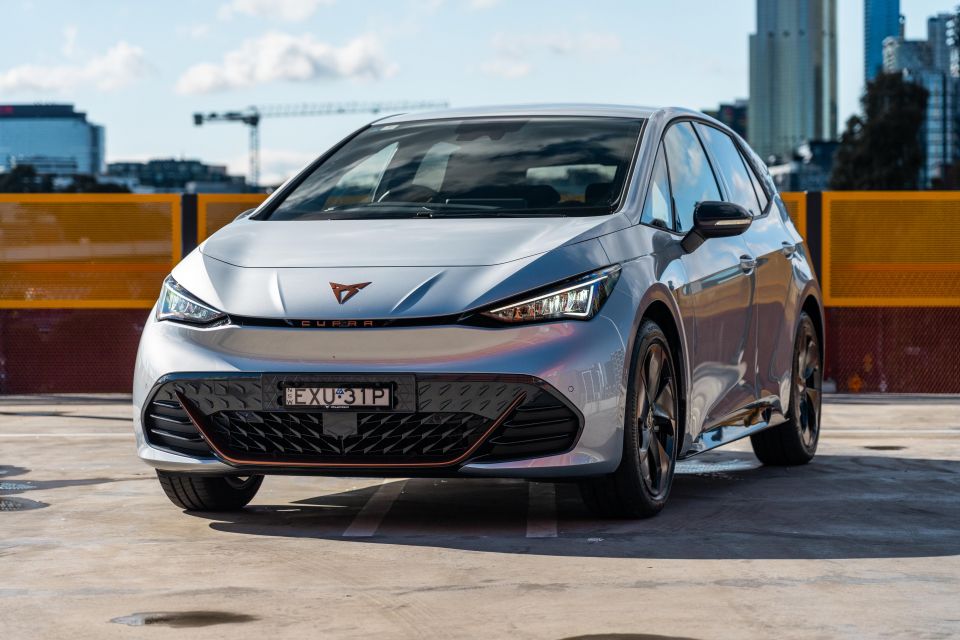
The Volkswagen Group has been rolling out a wide range of EVs, with most using its dedicated MEB architecture.
Of its MEB-based models, only one – the Cupra Born – is currently sold in Australia.
It was recently affected by a brief production suspension in Europe along with its Volkswagen ID.3 counterpart due to weaker demand.
During 2024, the Born will be joined by the wealth of new MEB-based Audi, Volkswagen and Skoda models, including the Volkswagen ID.4, ID.5, ID.3, ID. Buzz and ID. Buzz Cargo, as well as the Skoda Enyaq and Audi Q4 e-tron.
Where expert car reviews meet expert car buying – CarExpert gives you trusted advice, personalised service and real savings on your next new car.
Jack Quick is an automotive journalist based in Melbourne. Jack studied journalism and photography at Deakin University in Burwood, and previously represented the university in dance nationally. In his spare time, he loves to pump Charli XCX and play a bit of Grand Theft Auto. He’s also the proud owner of a blue, manual 2020 Suzuki Jimny.


Paul Maric
13 Minutes Ago
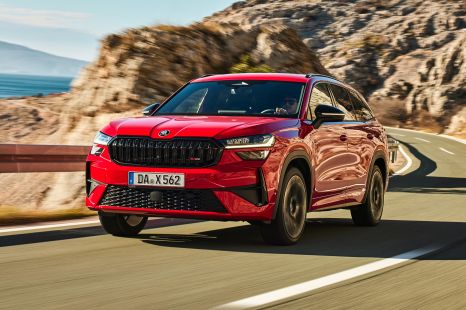

James Wong
7 Hours Ago
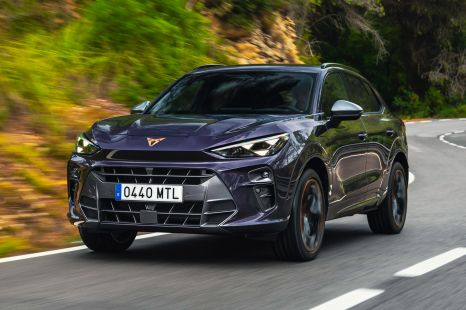

James Wong
7 Hours Ago
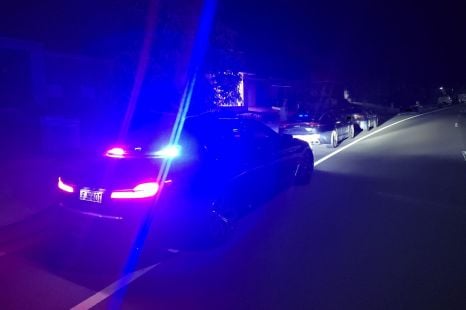

CarExpert.com.au
9 Hours Ago
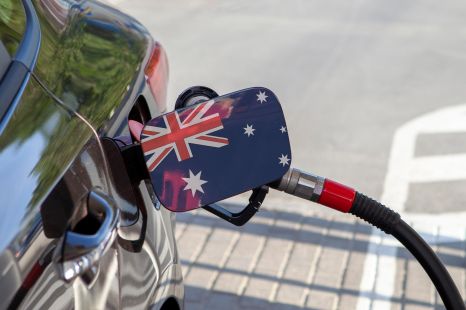

Damion Smy
9 Hours Ago
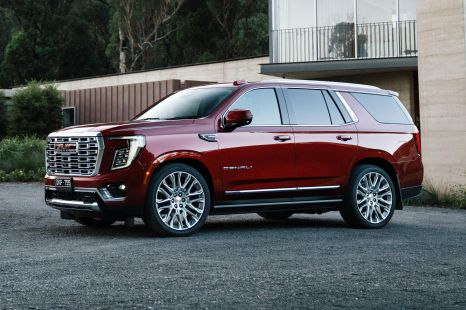

Alborz Fallah
9 Hours Ago